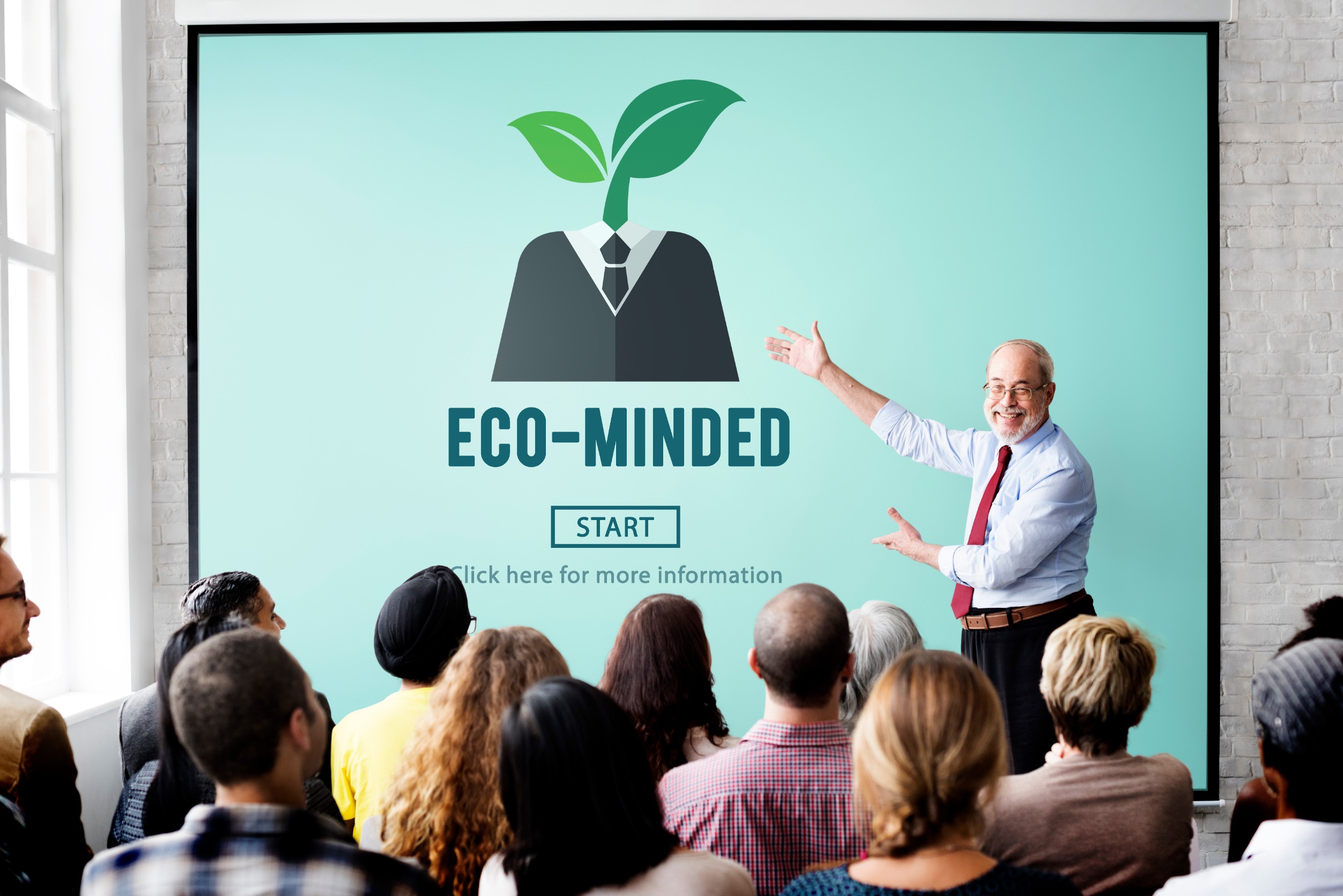How HR leaders can promote a more sustainable workplace

Sustainability is a crucial concern for HR leaders because it directly impacts various aspects of the organisation, including its reputation, employee engagement and long-term viability. That is why one of the top trends in our recent SAP Future of Work Trend Report 2024 is “Steering towards a sustainable future of work”. By promoting practices that create a more sustainable workplace, HR leaders can enhance the organisation’s brand image, attract and retain top talent who are increasingly drawn to environmentally conscious organisations and foster a positive work environment.
For a sustainable workplace, adopt a sustainability mindset
When HR leaders focus on sustainability, they must set realistic—while ambitious—goals to support the business in a sustainable fashion and with a long-term mindset. One can adopt a sustainability mindset by integrating environmental and social responsibility principles into all aspects of HR practices, from recruitment and talent development to employee engagement and organisational culture. This involves aligning HR strategies with sustainability goals, promoting eco-friendly workplace initiatives and fostering a culture of environmental stewardship and social impact.
Equally important, HR leaders should lead by example by championing sustainability initiatives, encouraging employee involvement in environmental and community projects, and integrating sustainability criteria into performance evaluations and recognition programmes. By embedding sustainability into HR practices, leaders can contribute to creating a more socially responsible and environmentally conscious workforce, driving positive change within the organisation and beyond.
Expand your employee benefits
Companies can elevate their employee benefits to support their sustainability goals, such as a car policy that promotes zero emissions. HR leaders can encourage eco-friendly commuting options—such as biking, walking, carpooling or using public transportation—which are becoming increasingly popular. Also, HR can consider offering subsidies for public transportation, providing bike storage facilities or implementing carpooling programmes—tactical measures that drive tangible impact.
Encourage sustainable workforce planning and talent development
Sustainability in the people space goes beyond “Green HR.” Making an organisation future-ready as a prerequisite for sustainable business success supports a holistic people sustainability approach. When employees align with the organisation’s values, culture and sustainability goals, they are more likely to be engaged, productive and committed to driving positive change.
By selecting candidates who demonstrate a passion for sustainability and a commitment to environmental and social responsibility, organisations can create a workforce that is motivated to contribute to sustainability initiatives and make a meaningful impact. Needless to say, as a byproduct, if you will, hiring employees who are a good cultural fit will foster a supportive work environment where collaboration, communication and innovation thrive, leading to increased employee satisfaction, retention and long-term success.
Encourage safety, mindfulness and wellbeing
In times of unprecedented change and uncertainty, HR leaders can make a difference by promoting a healthy work/life balance, providing access to wellness programmes and resources, and fostering a supportive work environment that prioritises mental and physical health. Investing in employee wellbeing not only enhances productivity and engagement but also contributes to long-term sustainability by reducing absenteeism and turnover.
Acknowledging that sustainable people practices play a key role in long-term business success, the goal should be to ensure employees are treated ethically and fairly across the value chain. Prioritising the health, safety and professional growth of employees is not only ethical but also contributes to the long-term success of the organisation by ensuring a skilled and motivated workforce capable of adapting to changing business needs and challenges.
Leverage modern technologies
AI and VR can create a more sustainable workforce by enabling remote collaboration in state-of-the-art hybrid working models, reducing the need for travel and commuting every day, and optimising resource utilisation. VR technology allows employees to participate in virtual meetings, training sessions and collaborative projects from anywhere in the world, reducing the environmental impact associated with business travel and commuting.
AI-powered algorithms can analyse data to identify opportunities for energy efficiency, waste reduction and process optimisation, helping organisations minimise their environmental footprint and operate more sustainably. By harnessing the power of VR and AI, organisations can foster a culture of innovation, collaboration and sustainability that enables employees to work smarter, more efficiently and with minimal environmental impact.
Create a sustainable workforce model
At SAP, we have over 25,000 alumni whom we continue to engage, thus creating a sustainable talent system. Alumni often possess valuable skills, experiences and knowledge gained during their tenure with the organisation. By maintaining a strong relationship with former employees through an alumni group, an organisation can tap into this talent pool for potential rehires, freelance opportunities or referrals for new hires. This access to a pre-vetted talent pool reduces recruitment costs, accelerates onboarding and fosters a sense of continuity within the workforce.
Promote your employer brand as a sustainable workplace
Once you have a sustainable work environment, employer branding can focus on positioning the organisation as a sustainable place to work. In today’s competitive job market, job seekers—particularly millennials and Gen Z—are increasingly prioritising environmental and social responsibility when evaluating potential employers. By promoting your organisation as a sustainable place to work, you can attract top talent who share your values and are passionate about making a positive impact on the world.
Looking into the future
By integrating sustainability principles into HR practices, such as recruitment, training and employee engagement initiatives, HR leaders can equip employees with the knowledge, skills and mindset needed to thrive in a rapidly changing world. This includes promoting continuous learning around sustainability topics, empowering employees to become sustainability champions and implementing green workplace initiatives that reduce the organisation’s environmental footprint. By prioritising sustainability, HR leaders can create a workforce that is not only better prepared to navigate future challenges but also more engaged, motivated and committed to driving positive change within the organisation and beyond. In the end, this is what a successful future of work is all about.
About the Author: Dr. Christian Schmeichel is Senior Vice-President and Chief Future of Work Officer at SAP. This article was first published on Human Resource Executive.



